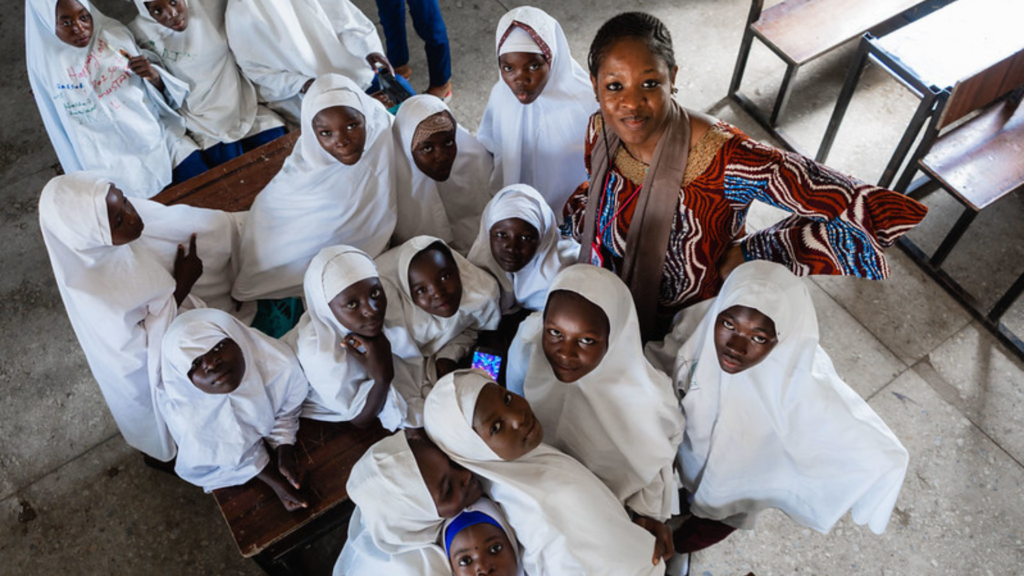Girl Child Education Project (GEP)
Project Summary
Bauchi state is one of the poorest performing states in Nigeria in areas of girls’ education access rates, dropout and repetition rates, pupil-teacher ratios, the percentage of unqualified teachers, and the number of vulnerable children, including boys, and school infrastructure. According to UNESCO(2023), Nigeria has over 20 million out-of-school children, and 1.2 million of these children are in Bauchi, and a majority of them are girls. Corruption, misappropriation, and underfunding remain the major hindrances to girls’ access to free and compulsory education in Nigeria and Bauchi state. The lack of strong citizen-centric accountability and transparency mechanisms to checkmate education spending has left a wide gap for pervasive corruption and, in turn, led to a decline in the quality of education and a widening gap between girls’ education and boys.
Bauchi state has a State Education Account (SEA), a transparent framework for measuring education expenditures and comparing them to policy directions. The SEA provides a snapshot by gathering information on all spending, from public, private, and donor sources and measures the “financial pulse”, but this is not a citizen-driven initiative, which is what CODE seeks to address by ensuring that government and citizens co-create transparency and accountability framework that allows for citizens to provide oversight functions on government expenditure using the Follow the Money model and also developing a GRESP- Gender Responsive Education Sector Plan.
With the support of Malala Fund, CODE is carrying out a 3-year project in Bauchi state with two broad goals :

Fostered collaboration between the government and citizens to implement a transparent and accountable management approach for State Education Accounts.

Enhanced enrollment, retention, completion, and transition rates for girl-child secondary education by addressing traditional and societal barriers through the application of a gender-responsive education framework.
The project aims to enhance transparency and accountability in Bauchi state’s education sector by adopting a citizenry-oversight model, thereby facilitating the effective and efficient provision of gender-responsive services and infrastructure; this, in turn, is aimed at ensuring the accessibility, retention, and successful completion of 12 years of free, quality education for girls in Bauchi state. Also, the project seeks to align the state’s education sector with a Gender-Responsive Education Sector Planning and Budgeting, involving key stakeholders and fostering gender-inclusive practices.
Also, CODE is flagging off her first Girl-child Education Mentorship Program in the state. The essence of the mentorship program is to have girls assigned to mentors who will build them to become advocates for girls’ education and also on digital, social, and life skills.













